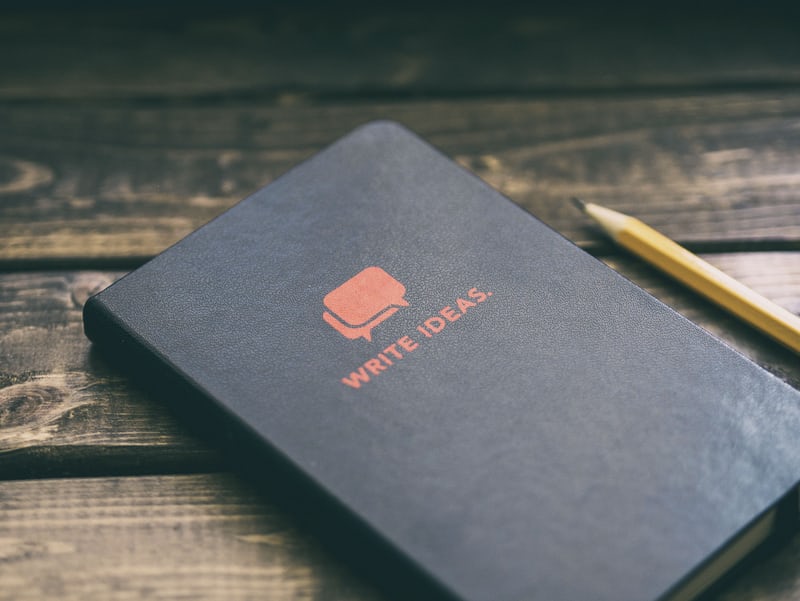
I’ve been asked to speak to a local writer’s chapter of ACFW this coming November and am trying to narrow down a topic. In the process, I’ve received a few questions I thought I’d tackle here. If you have more, please email me or post your question on my Facebook wall. Today’s question:
How do you handle the onslaught of all there is to learn? There is so much information out there on blogs/fb/twitter – how do you use it but still keep your own voice as a writer?

Good questions! I will tackle the first part today, as a writer’s voice needs a day of its own.
There are many books and blogs giving writing advice to new and professional writers these days – one reason I hesitate to do the same because I don’t want to duplicate what others have already said so well. But I also know from the number of how-to books on my shelves and the classes I’ve taken that the advice can be conflicting, which can leave the new writer confused and overwhelmed. I know the feeling!
So how do you wade through the onslaught on information to get to what works for you? How do you know what to keep and what to toss?
Every writer is different, and the answers are as varied as the people who might ask them. The better you know yourself as a person and as a writer, the more you will come to understand the tools you need to develop the craft.
Are you a seat-of-the-pants writer? Then books on plot and structure are probably going to make your head hurt. (They do mine!) Are you an analytical plotter? Then books on writing free style (do any exist?) will probably paralyze your ability to create. I think the plotter out there is more likely to benefit from how-to books than the seat-of-the-pantser because most how-to books are written from the more analytical mindset.
The thing is, in order to write publishable work you need to know the basics. Here are the basics, as I see them.

1. You need a story. (The higher the concept of your story, the more appeal it will have to be a good story.)
2. You need characters for that story. (The better you know them, their goals, motivations, and conflict, the more real they will be to you and to your reader.)
3. You need a certain amount of discipline to make yourself write the story. (No one is going to write it for you.)
4. You need a computer with a word processor to get the words on the screen. (Or at the very least, you need paper and pencil to get the words out of your head.)
5. You need a willingness to change your words. (The Scriptures have been written. Nothing we write is God-breathed and can’t be changed.)
6. You need to appreciate research. (Every book needs this.)
7. You need continually strive to improve and be able to take criticism. (The day we stop learning and think we’ve arrived, is the day our craft will become stale and repetitive.)
8. You need a tender heart and a tough skin. (Bare your heart in your story. Steel your heart from the rejection that is sure to come.)
9. You need compassion for your reader. (Pray for the people who will read your work. You never know how your book will touch their hearts.)
10. You need to write what you love. (It will show if you don’t.)

The thing is, the books and blogs won’t help you write the story. The story comes from within you, from the ideas God has placed there. Can the writing how-to books help? Sure. I have enough books of writer helps to fill at least one shelf, and every now and then I look at one to give me a fresh look at some portion of the craft. I don’t follow the information out there in the twitter/fb/blogasphere – not because it isn’t good, just because I would never get any writing done if I read all there is to read. And that is where any writer must stop and ask themselves, when is enough information enough?
If you know the basics, start writing. If you get stuck and need a boost, go visit a blog or pick up a book or research some aspect of your story. But don’t stop until you reach the end.
To put it another way, writing a book is a lot like learning how to play the piano. Once you have memorized the bass and treble clefs’ lines and spaces and know how those notes correspond to the keys on the instrument, and when you understand timing and pacing and can read and play at the same time, you know the basics and can start to play the instrument.
Will you be good at it? No. But the more you practice, the better you will become. As you practice, you can continue to learn music theory, but all the theory in the world will not make you a fine musician without the time you must put into actually practicing how to play. The better you become, the harder the pieces you can tackle until you become a master musician.
Likewise, the more you write, the more you will be able to emulate the masters of the writing craft until you carry your own artistic voice.
But we’ll talk about voice next time.
Here is my short list of my favorite books on writing:
Self-Editing for Fiction Writers, Second Edition: How to Edit Yourself Into Print by Browne and King
Writing the Breakout Novel by Donald Maass
45 Master Characters by Victoria Schmidt